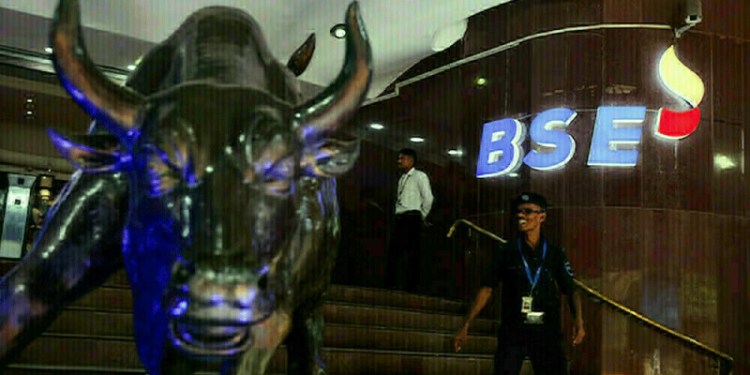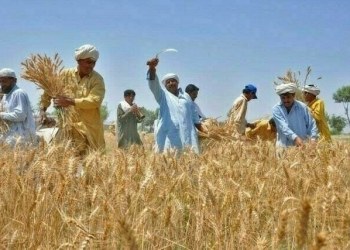The natural rubber crisis, which has taken the steam out of Kerala’s once-lucrative rubber plantation industry, has more to it than is apparent.
Growers are facing an unprecedented crisis due to a steady decline in price and production, which fell to 5.63 lakh tonnes in FY-16. The un-remunerative prices have forced farmers to stop harvesting the crop and even abandon tapping.
The growers’ community complains that the Rubber Board, which is looked upon as a source of solace for farmers reeling under the price crash, is hardly taking any efforts for their benefit. Instead, the Board is said to be going for austerity measures, including cancellation of plantation visits, due to a cash crunch.
The reduced budgetary allocation for FY-17 has forced the Board to take such extreme steps, as the Union Government had earmarked only ₹132 crore against last year’s disbursal of ₹202 crore.
From this allocation, the Board has to meet salaries, other expenses, rent for several regional offices as well as disbursal of the plantation subsidy of ₹35-40 crore, pending for the last two financial years.
Tightening the belt
With the imposition of austerity measures from April, over 200 regional and representative offices have been told to reduce their monthly rent by at least 50 per cent or shift to smaller offices. The lack of funds has even restricted the Board from paying the Travelling Allowance of field officers.
Highly placed sources in the Board told BusinessLine that a request to raise the budgetary allocation to ₹250 crore has not received a positive response. Given this situation, it was decided not to invite applications from small growers for a subsidy this year. Small growers are the mainstay of natural rubber production in Kerala, contributing 85 per cent of the total of 5.63 lakh tonnes in FY-16.
“When the Board has nothing to offer as subsidies, there is no point in giving small growers any farming advice on fields, as it will invite their wrath for denying legitimate monetary benefits for the last two consecutive years,” a source said.
R&D at a standstill
The Rubber Research Institute of India has been hit hardest by the cost cutting measures. All research-related activities, including development of high-yield clones, crop protection methods, manuring and tissue culture, have been suspended.
However, bringing some cheer to the cash-trapped rubber sector, prices spurted to ₹133 per kg on Monday, for the RSS 4 grade. Market sources attribute the price increase to an upward trend in crude prices, and the supply crunch of natural rubber in India and other rubber producing countries, with production touching an abysmal low in the last three months. According to experts, both crude and rubber prices have a tendency to move in tandem.
Hitting out against the austerity measures, PC Cyriac, the former Rubber Board Chairman, said that governments will always ask for a reduction in expenses but serving officers needed to be practical and reduce costs without sacrificing the major functions of the department. Measures such as cancellation of field visits, shutting down of offices etc will make the organisation inactive and prevent officers from discharging their legitimate duty, he said.
Still no top brass
According to stakeholders, there has not been any real move by the Government to appoint a full-time Chairman, with the post lying vacant since 2014. Similarly, the posts of Secretary and Production Commissioner are also lying unoccupied.
A price slump similar to the one occurring now took place between 1997-2001. Industry watchers say there will be difficulties but it is not wise to discard a crop such as rubber because the price is not attractive for the time being.
Given this situation, stakeholders have urged the Board to come out with an awareness campaigns and stop farmers from deserting rubber for other crops.




























